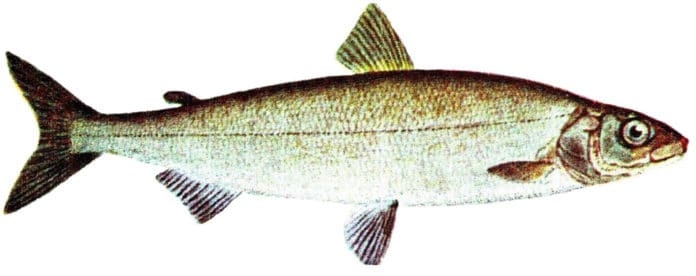The presence of microplastics in aquatic ecosystems has recently received increased attention. Small plastic particles may resemble natural food items of larval fish and other marine organisms, and create intense selective pressures on the feeding traits in exposed populations.
A new study has examined if larval ingestion polystyrene microspheres, in the presence of zooplankton shows an adaptive variation in the European whitefish.
The study demonstrated that the additive genetic variation in the ingestion of 90 μm microspheres by whitefish larvae is very low at best, and indistinguishable from the intake of natural foods.
However the generalizability of our results should be affirmed in various fish species and different kinds of microplastics, the current discoveries raise the concern that despite the presence of non-additive family variation in microplastic ingestion, fish will be unable to adapt to the presence of plastic particles in their indigenous habitat by beginning to avoid them actively.
Further study is required to comprehend better the ecological effects of microplastics on fish larvae and their prey. It means, all actions to reduce plastic pollution and develop solutions to restore already polluted reproduction areas of fish are powerfully energized.
Journal Reference:
- Do whitefish (Coregonus lavaretus) larvae show adaptive variation in the avoidance of microplastic ingestion? DOI: 10.1016/j.envpol.2020.114353
